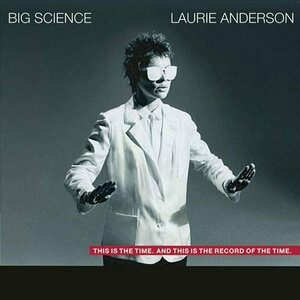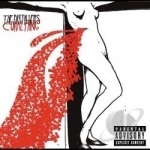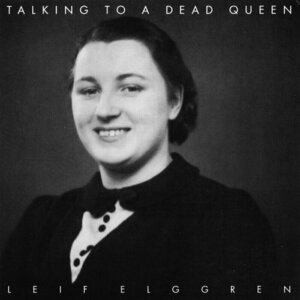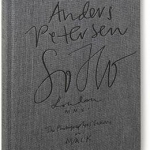
Soho
Book
The Soho described by Robert Louis Stevenson in The Strange Case of Dr. Jekyll and Mr Hyde as 'a...
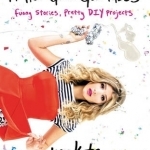
A Hot Glue Gun Mess: Funny Stories, Pretty DIY Projects
Book
In this beautiful paperback edition featuring French flaps, hugely popular lifestyle blogger,...
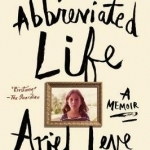
An Abbreviated Life: A Memoir
Book
A beautiful, startling, and candid memoir about growing up without boundaries, in which Ariel Leve...
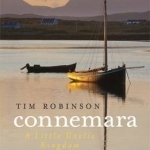
Connemara: A Little Gaelic Kingdom
Book
The triumphant conclusion to Tim Robinson's extraordinary Connemara trilogy, which Robert Macfarlane...
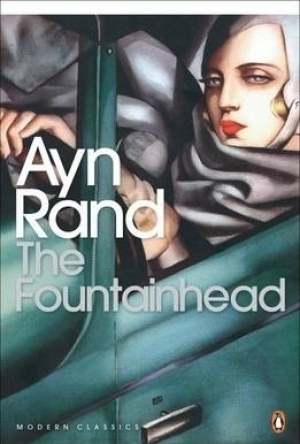
The Fountainhead
Book
Her first major literary success, Ayn Rand's The Fountainhead is an exalted view of her Objectivist...
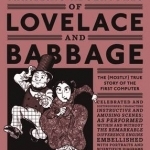
The Thrilling Adventures of Lovelace and Babbage: The (Mostly) True Story of the First Computer
Book
'So impossibly funny, clever, demented, charming and altogether wonderful that I was a convert...
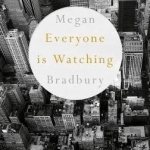
Everyone is Watching
Book
'Beautiful, kaleidoscopic ...everyone should be watching Megan Bradbury from now on' Eimear McBride,...
